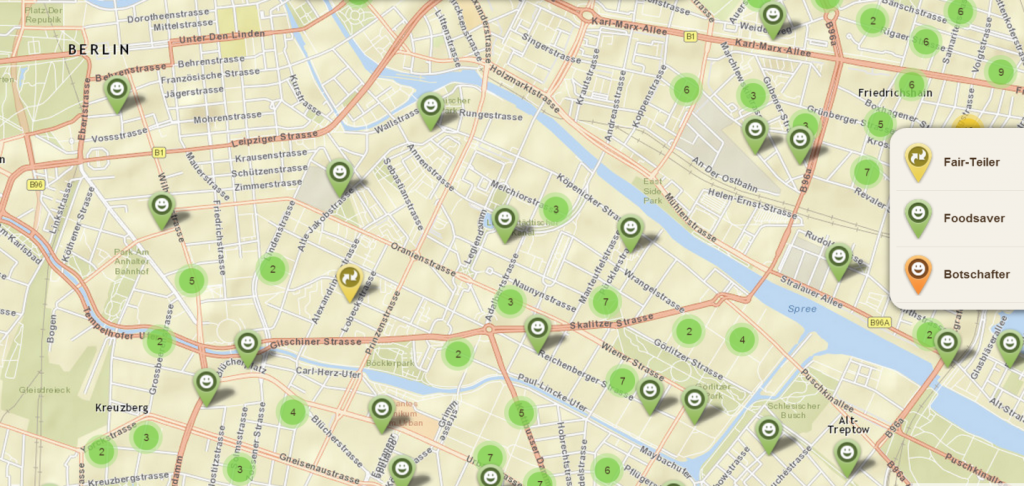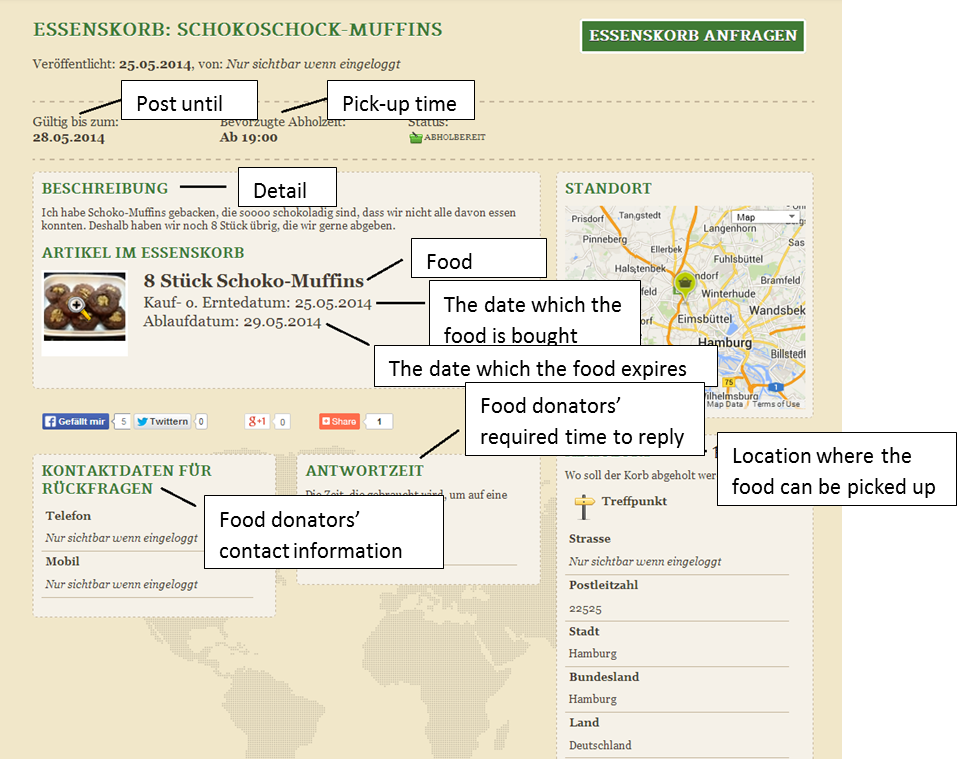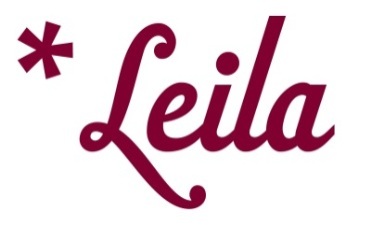Introduction*
An item which no longer serves its original purpose is considered little more than a piece of waste. But if we assign new duties to it, very often it can be used again, say an empty plastic bottle to be reused as a watering can. Reuse per se, however, is not our main concern here, for nearly everyone knows what it means literally. Rather, the question is, how to maximize reuse in society?
*Readers may notice that the second layer in the EU waste management hierarchy is actually “preparing for reuse” instead of “reuse”. There is a slight difference between the two, but for simplicity’s sake, we group them together under “reuse”.
Borrow instead of buy – Berlin’s “library of things”
Do you have any unnecessary items at home? Think of your kitchen utensils like cookie moulds, juice extractor, rolling pin and pizza cutter. How often do you use them in a month, or perhaps, in a year? Apart from keeping them in intact in drawers for more years to come or dumping them straight away, is there a better way to handle them? What if we could lend them to others and borrow them back when needed?
In Berlin, a community shop called Leila is experimenting this “borrow-instead-of-buy” business model. Everyone can become a member by giving away any household items to the shop. In return, he/ she can borrow all the items offered by other members for free. The more the members, the more items are there to borrow, and the more luring it will be for newcomers to join. Founded in 2012, Leila has now 500 members. The number is likely to increase.
Rent as Leila’s largest monthly expense is covered by members’ voluntary contributions. Many members are willing to donate a small amount of money every time when they borrow or return items back to the shop.
Suggested questions
- What is good about this “borrow-instead-of-buy” living style?
- Do you think this business model will survive in Hong Kong?
- What would you give to Leila?
Read more
- Inside the Berlin shop where you borrow instead of buy (BBC)
- Berlin ‘borrowing shop’ promotes the benefits of sharing (Guardian)
Free lunch? — Germany’s foodsharing online platforms
Ever wanted to give away extra food at home but had no idea what to do? Ever wanted to get food for free in the hope of saving money and the planet? In Germany, foodsharing online platforms are set up to bring these two groups of people together, reducing both food waste and food spending as a result.

One of the foodsharing platforms: Lebensmittelretten. The yellow tag indicates the place where one can get extra food for free; the green tags are the locations of committed volunteers, which shops owners can contact to collect their extra food; and the red tag is the foodsharing coordination centre, which is responsible for promoting foodsharing, organizing related campaigns and searching for new cooperation partners. Source: http://goo.gl/nXPjbn
On average every German wastes in a year 82kg of food, which is estimated to be equivalent to 235 euros!

Another foodsharing platform in Germany: http://foodsharing.de/
Suggested activity
- Have you ever heard of these two Hong Kong based foodsharing platforms? (食物放提/ 救食平台) What do you think of them?
Read more
Cleaning Day in Helsinki – Siivouspäivä
“Siivouspäivä” stands for “cleaning day” in Finnish. It is a special day on which people in Helsinki are permitted to become “unlicensed vendors” on ALL public areas, selling secondhand items that may otherwise go to landfills.
“Siivouspäivä” is a citizens’ initiative started by a few. It would hardly be a citywide event if the city council has not put trust in its people, for it has set as few regulations as possible to make sure participation is easy and friendly enough. People are believed to be able to keep public areas clean and tidy on their own.
Suggested activity
- Where can you find secondhand shops in Hong Kong? Visit one of them and share your findings with your classmates in the next lesson.
Read more


